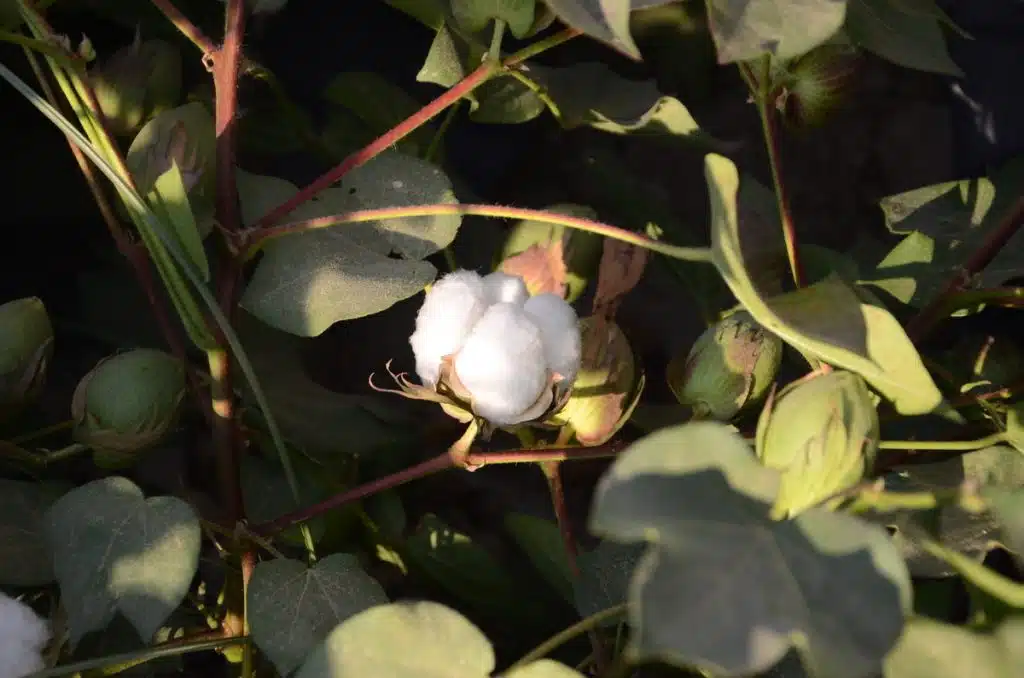
We are pleased to confirm the launch of a Better Cotton Programme in Uzbekistan. As the sixth largest cotton producer globally, this programme brings us one step closer to our vision of a world where sustainable cotton is the norm.
Uzbekistan’s cotton sector has come a long way in recent times. After years of well-documented issues of systemic forced labour, the Uzbek government, International Labour Organization (ILO), Cotton Campaign, civil society institutions and human rights activists have been successful in driving state-led labour reforms in the Uzbek cotton industry. As a result, Uzbekistan has successfully eliminated systemic child labour and forced labour in its cotton sector, according to recent ILO findings.
Driving more progress across the Uzbek cotton sector
Building on this success, Better Cotton believes that commercial incentives can help ensure that the newly privatised cotton sector continues to reform and meet international standards. The Better Cotton Programme in Uzbekistan has the potential to provide that incentive by linking cotton farmers to international markets and supporting them to continuously improve their practices.
Through implementation of the Better Cotton Standard System, we will provide robust and credible decent work monitoring systems that can demonstrate impact and results made on the ground. We will also introduce physical traceability, under which cotton from licensed farms will be fully segregated and traced through the supply chain. Any licensed Better Cotton from Uzbekistan will, at the present time, not be sold via the mass balance chain of custody.
Better Cotton exists to work in contexts with both environmental and social challenges. Uzbekistan’s cotton sector, government and the farms themselves have made enormous progress, and we are looking forward to building on this multi-stakeholder engagement and to drive further positive change across the sector.
The Participating Farms
The International Finance Corporation and GIZ began piloting implementation of the Better Cotton Principles and Criteria in Uzbekistan in 2017. The pilots provided a strong entry point for our programme, with 12 large farms already benefiting from significant training, six of which have maintained participation. These are the same six farms now participating in the programme during the 2022-23 cotton season. All the farms were assessed against the Better Cotton Principles and Criteria by trained and approved third-party verifiers.
Farms with manual picking received additional decent work monitoring visits that focused on extensive worker and community interviews, along with management interviews and documentation reviews. This additional decent work monitoring looked specifically at labour risks due to the country’s past challenges. In total, nearly 600 workers, management and community leaders, local authorities, and other stakeholders (including civil society actors) were interviewed as part of our decent work monitoring. The findings of these third-party verification visits and the decent work monitoring were documented and discussed with technical labour experts and contributed to our enhanced assurance activities, which confirmed that no systemic forced labour was present on any of the farms. Like in all other Better Cotton countries, not all participating farms received a license this season. We will continue to support both the farms that received licenses as well as those who were denied licenses through our capacity building efforts so that they can continuously improve their practices, and are equipped to meet the core requirements of the Standard moving forward.
Looking Ahead
As we begin our work in Uzbekistan, we are concentrating on several key areas where progress still needs to be made. These include ensuring the effective implementation of labour unions and the appropriate use of worker contracts. We are energised by the progress that has been but do not expect our journey ahead to be without challenges. We will succeed together thanks to a solid foundation, strong partnerships, and commitment from all involved stakeholders.
We look forward to supporting the continuous improvement of Uzbek cotton production.







































